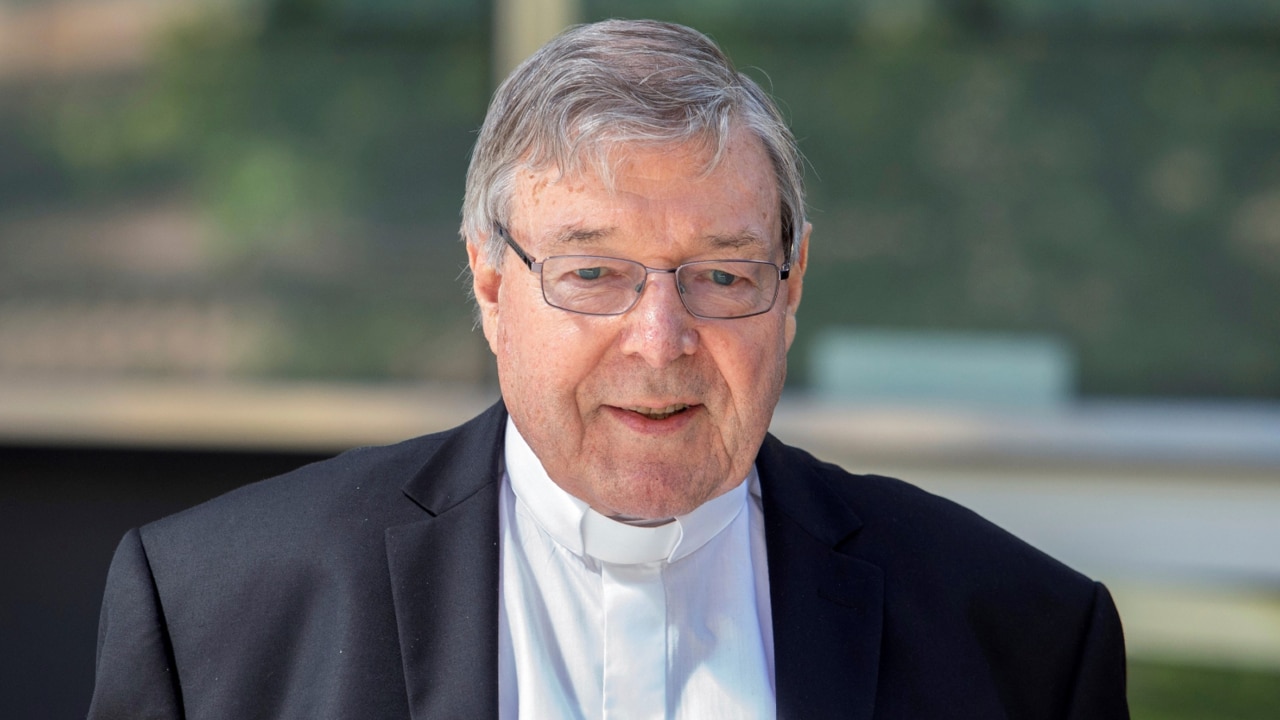
In little over two years before Victorian police charges truncated Pell's appointment in 2017, his phone had been bugged and a car was torched outside the Rome apartment of a close aide. A separate telephone tap has also revealed a conversation in which one person tells another “the highway is open to you” after Pell was charged.
Vatican investigators have been told money was sent to Australia to adversely affect the case against the cardinal and more than $2m transferred from the Vatican to Australia remains unexplained.
In the years since Pell faced a series of charges and trials over alleged sexual abuse – for which he served more than a year in prison before the High Court unanimously quashed the conviction – the Vatican has been rocked with a series of financial scandals, sackings for extortion and arrests after raids on Rome apartments netted hundreds of thousands of Euros in cash, gold and jewels.
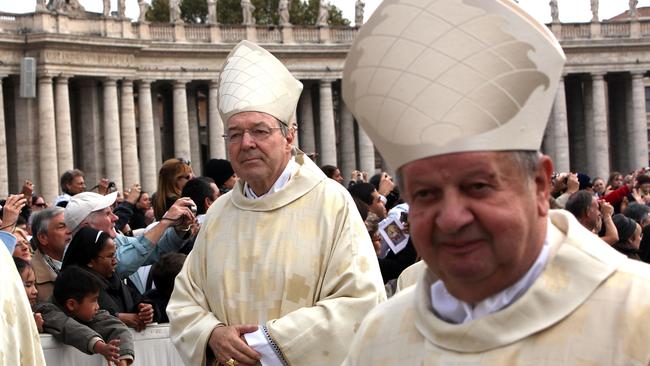
Catholic Church charities deemed for the poorest of the poor have been robbed and the money used to lavishly renovate Roman apartments or buy designer clothes, handbags and furniture.
The greatest scandal is the Vatican trial of Cardinal Angelo Becciu, Pell’s long-term nemesis who opposed all his reforms, over Becciu’s involvement in a $330m property scam in London.
Becciu has denied any wrongdoing and specifically declared he did not send money to adversely affect Pell’s legal proceedings.
Pope Francis sacked Becciu from the State Department and withdrew its ability to handle money. He introduced new controls on finance within the Vatican in keeping with European monetary controls and authorised the “trial of the century” over allegations of Becciu’s corruption.
It wasn’t just the task Pell had been given that made him a target because there had been previous attempts to modernise the archaic finances of the Catholic Church and even to stem corruption in the Curia; it was also Pell’s direct authority from Pope Francis and his own brusque determination to get the job done.
As a financial reformer, Pell told me within months of his appointment he feared the Catholic Church was a “rich old dowager vulnerable to crooks and conmen”. He had uncovered more than one billion Euros in “hidden” bank accounts. These accounts weren’t necessarily evidence of corruption, but they were unauthorised, open to theft and money-laundering. The new Vatican treasurer closed more than 3000 accounts and referred more than 200 for investigation.

Pell’s inquiries ranged from uncovering thousands of Vatican “employees and diplomats” improperly claiming tax-free petrol to lavish villas that had “disappeared” from the register of assets and were being used by senior church officials.
But Pell was not content merely to check on some dodgy petrol vouchers, some misused rental properties and unexplained bank accounts; he wanted to reform the Vatican finances root and branch and remove the prospect of corruption and scandal.
Pell’s intent was to audit the vast wealth of the church, check to ensure charitable donations were used properly and to have a full commercial, outside financial audit to track down missing money and those responsible for misspent funds.
Speaking in 2014 of his five-year appointment fresh with the Pope’s imprimatur, Pell said: “Our ambition is to become … a model of financial management, rather than cause for occasional scandal.”
Pell’s ambitious plans were opposed and blocked, especially by Becciu, then the Vatican State Secretariat, who unilaterally blocked the plan for a Pricewaterhouse independent audit.
Pell realised there were vast sums of money, perhaps billions of euros, at risk because of archaic, antiquated and Byzantine accounting methods that provided opportunity and cover to corruption, criminals and even the Mafia.
In the murky world of Italian finance, crime and institutional corruption, Pell was seen as a threat. At the same time, in 2015 and 2016, Pell was under examination from the Victorian Police looking at sexual abuse allegations arising from the Victorian parliamentary inquiry and were publicly seeking any allegations of sexual assault directly in line with Pell’s time as the archbishop of Melbourne.
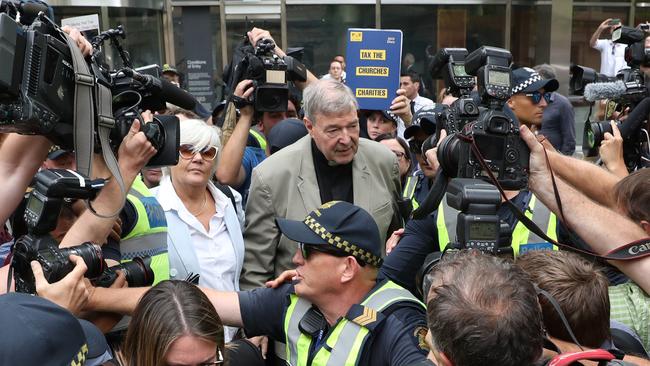
In 2020, The Australian reported that four transfers from the Vatican Secretariat of State totalling more than $2m – including two transfers from Becciu – in 2016 and 2017 were being investigated by Vatican prosecutors. The four transfers, and one transfer for $US150,000 in 2015, were to a Melbourne-based hi-tech and domain registry company called Neustar, since taken over by a global tech company. Since then, prosecutors examining money-laundering and fraud allegations at the Vatican have found a gap of more than $2m in legitimate financial transfers to Australia from the Holy See between 2014 and 2020.
Working with the Bank of Italy, the Vatican Bank and Austrac, the investigators can identify legitimate expenses for about $7m for travel wages and pension payments of the $9.5m transferred to Australia in the past six years.
Becciu has declared that the money he authorised to be sent to Australia was approved and was to pay for the setting up of the official Catholic internet domain name. He has also suggested it was to pay for new iron gates at the Vatican’s embassy in Canberra and possibly to help Pell’s legal defence.
Vatican investigators looking into the money-laundering allegations involving Becciu’s niece and money shifted to Slovenia found that the funds sent to Australia did not appear to have been involved in those transactions.
There has been no evidence of any money paid to Australia during the Vatican trial of Becciu and all witnesses and relative of witnesses in the Pell trials have denied receiving any payments.
Pell believed there were enemies trying to undermine his efforts and said after his acquittal he hoped the “Augean stables of both Rome and Victoria” would be cleared out.
Even when he was facing the prospect of charges in Australia and before he was removed, Pell told me in Rome his main concern was what was happening in the Vatican and not what was happening in Australia because he knew the allegations were untrue and he was a victim of a smear campaign and persecution.
Back in Rome, Pell closely followed the Becciu trial and could have been called as a witness, but now with his death after unjust imprisonment and public persecution there will be less impetus to pursue his view he was a target.


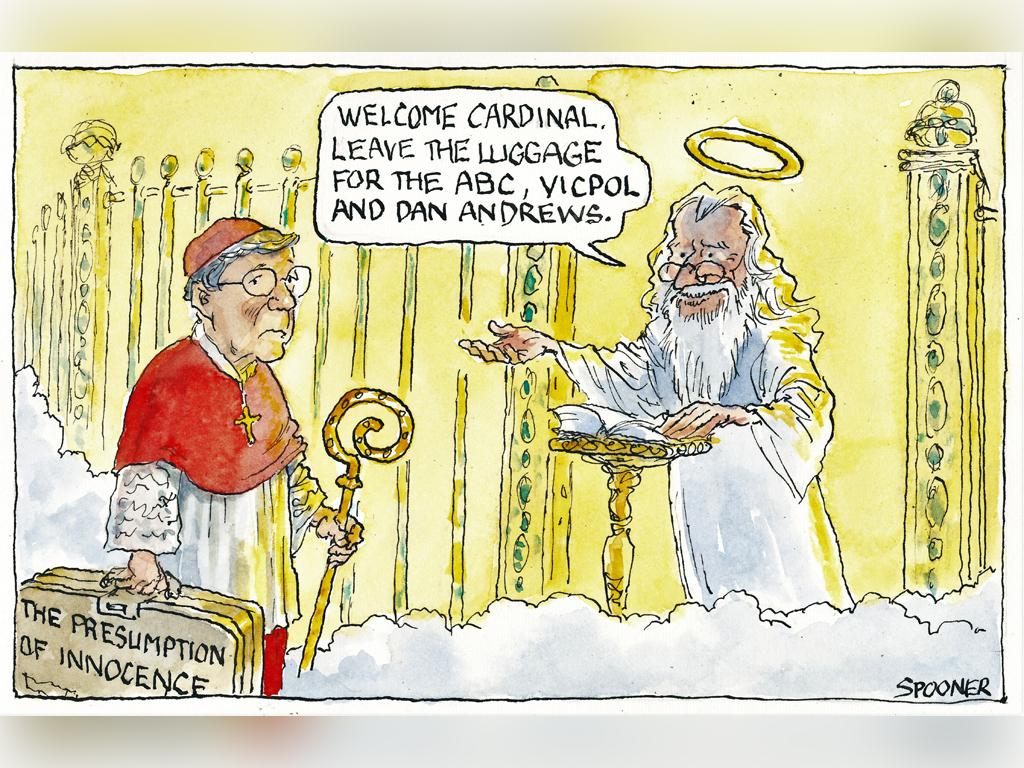

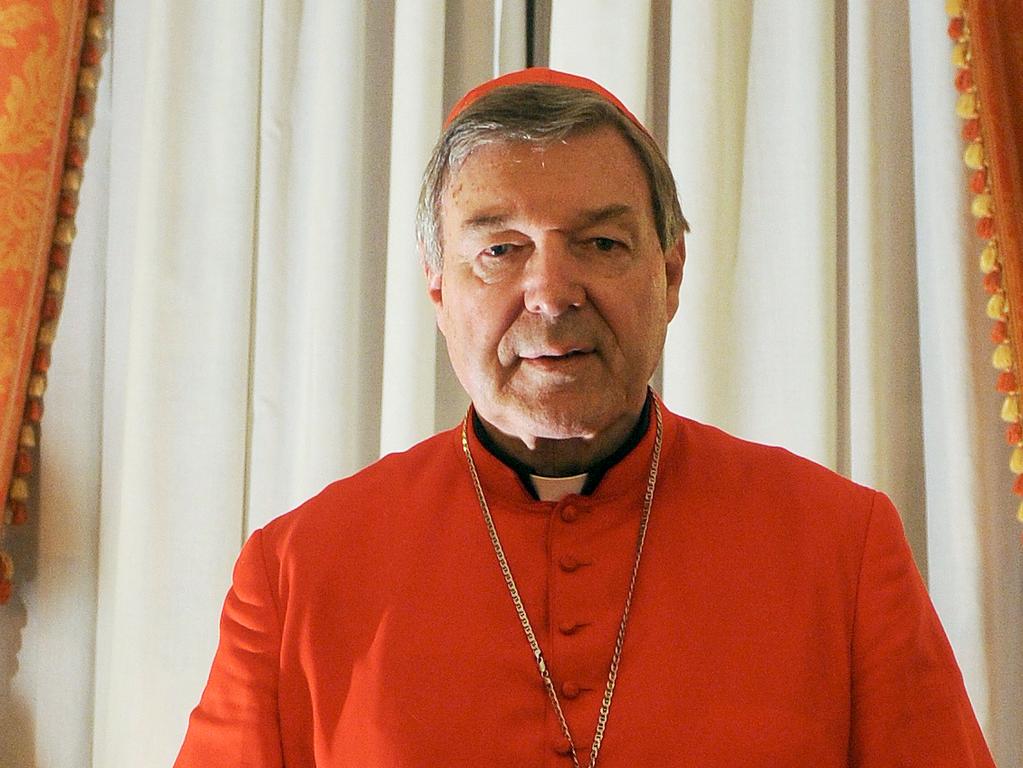
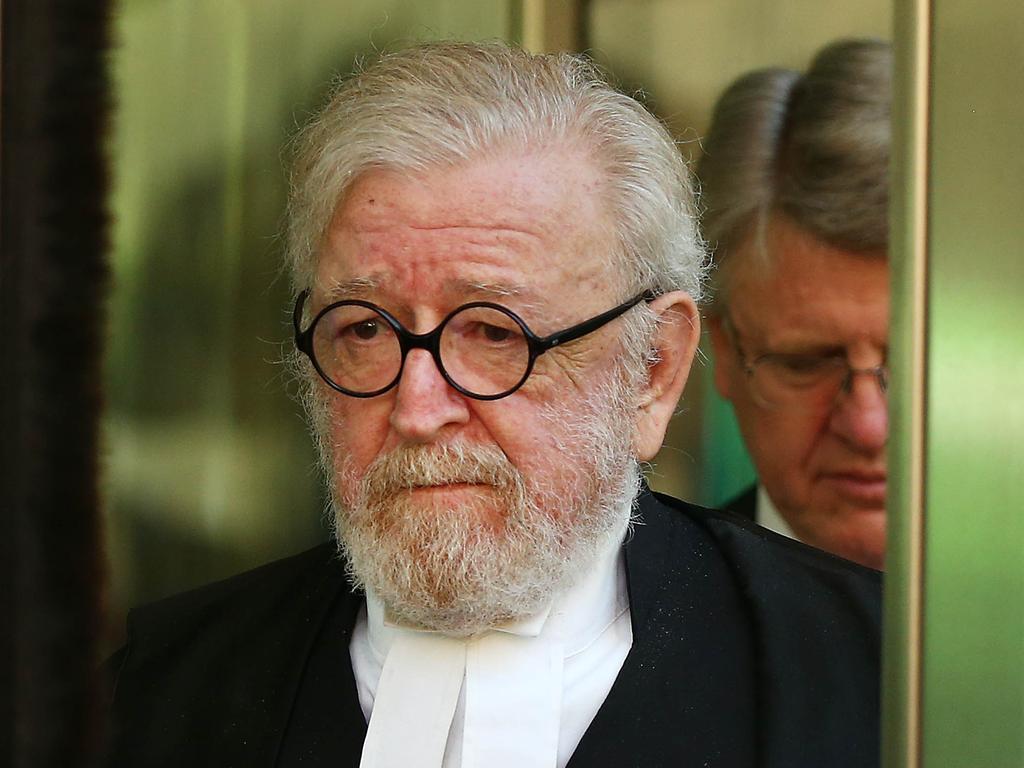
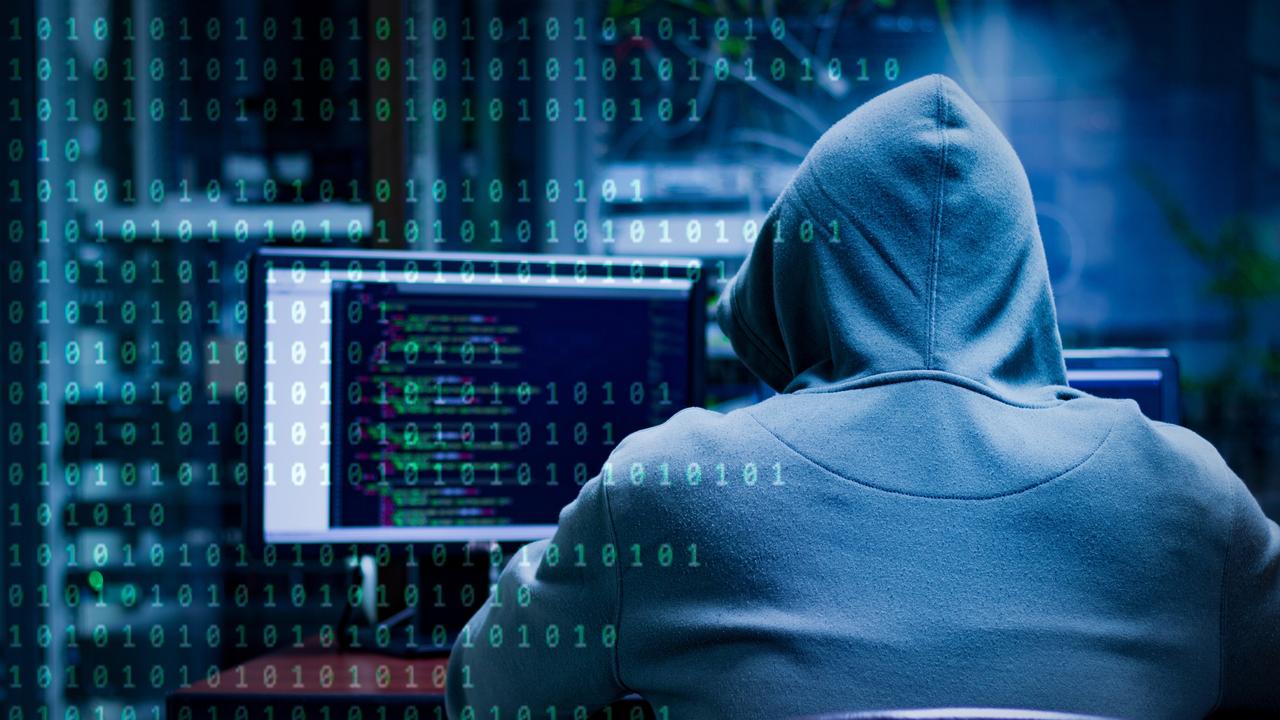
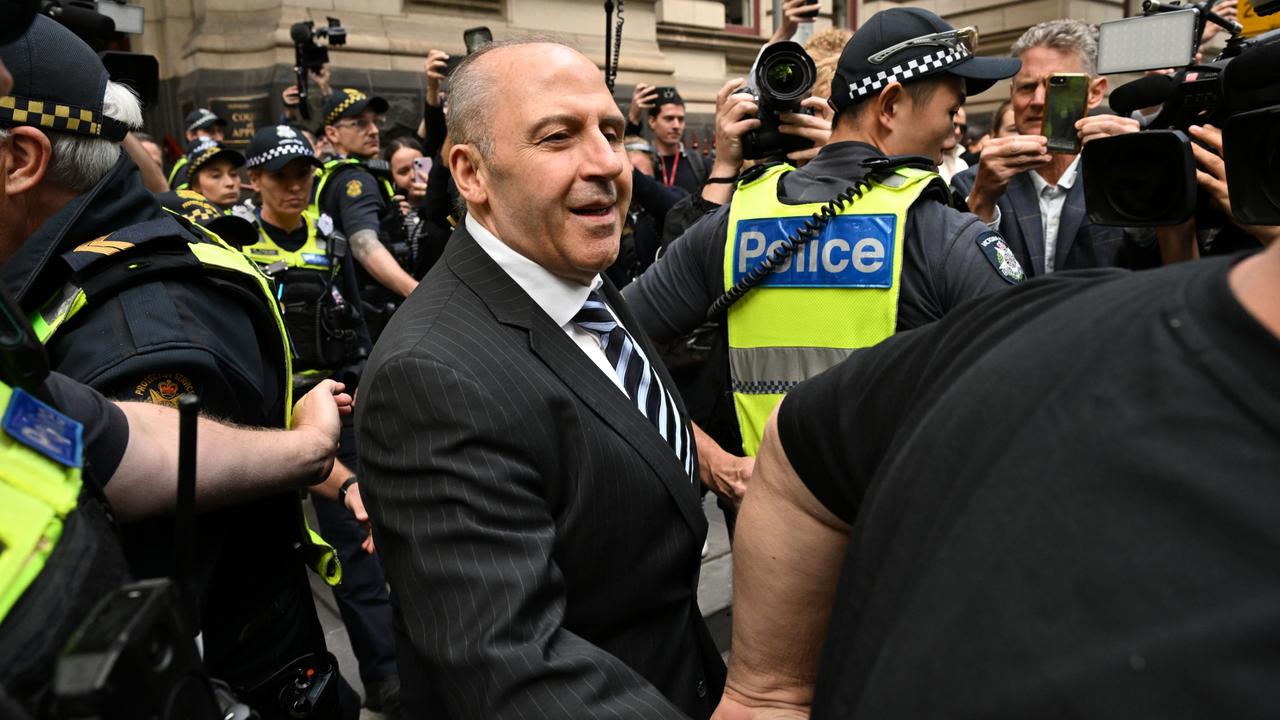
From the moment Pope Francis appointed George Pell as the Vatican’s Prefect of the Secretariat of the Economy in February 2014 with the express task of “cleaning up” the finances of the Holy See, the Australian cardinal was a target.